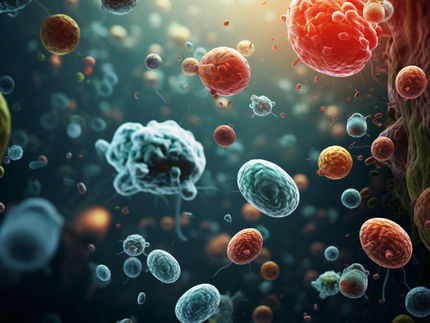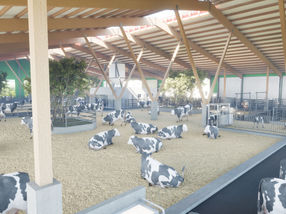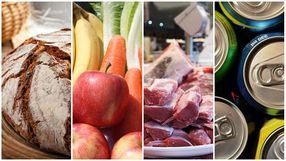CSIC researchers achieve the first food packaging additive that eliminates listeria
The additive drastically reduces the bacterial population from 100,000 colony-forming units to zero within 24 hours.
Advertisement
A team of researchers from the Consejo Superior de Investigaciones Científicas (CSIC) and the technology-based company CSIC Encapsulae have developed the first food contact container additive with the ability to kill Listeria monocytogenes, the bacteria that causes listeriosis. The additive drastically reduces the bacterial population, since in vitro tests have shown a high activity in 24 hours, going from 100,000 colony-forming units to zero. The infective dose is attributable to doses greater than 100,000 units per ingested portion.

Encapsulae
"It is a disruptive process where we have modified the distance of the chemical bonds of a food preservative commonly used in meat products. The encapsulation of the modified additive in the plastic container generates a contact surface that prevents the growth of bacteria. The effect has been demonstrated, among other microorganisms, for Listeria monocytogenes. Thus, a simple plastic container increases food safety", explains the professor and enterprising researcher of the company Encapsulae José Francisco Fernández Lozano, from the Institute of Ceramics and Glass of the CSIC. Fernández Lozano has extensive experience in bringing products to market in the fields of cosmetics and food safety.
Listeriosis is a very serious infection due to the bacterium Listeria monocytogenes. It has little morbidity (there are few cases of infection) but very high mortality, 30%, which in the case of sensitive groups such as the elderly and foetuses rises even further to 70%. During 2017, the European Food Safety Authority (EFSA) reported 2,480 cases of listeriosis in the European Union, with 227 deaths. In Spain in the same year there were 284 confirmed cases. During this year's tilled meat crisis there have been more than 330 outbreaks in a single year, with 3 deaths and 7 abortions.
Listerias are bacteria very resistant to various conditions, such as acidity and low temperatures, and even have growth capacity at cooling temperatures between 2 ° C and 4 ° C. This resistance means that it is widely distributed in the agricultural environment, in soils, plants, fodder, faecal matter, wastewater and water.
The main transmission route for humans is the consumption of contaminated food, such as ready-to-eat meat products, e.g. cooked sausages or pâtés, smoked fish, dairy products made from raw milk and prepared salads. Many ready-to-eat foods include in their production process a phase that eliminates listeria, such as cooking or baking, but can become contaminated in the final packaging or during handling during marketing, such as slicing.
The new product against listeria is now available for commercial use. "The current production capacity makes it possible to supply additive for more than 50 million food containers. The additive is approved for use in food contact plastic containers according to EC 10/2011 and as an active additive according to EC450/2009", explains Javier Menéndez, CEO of the startup Encapsulae SL.
Encapsulae is a technology-based company created by CSIC that is part of the CLIMATE-KIC and PORCINNOVA startup acceleration programs for the development of active and biodegradable packaging. It has recently won first place in the Startups for sustainable land use competition at the Smart Agrifood 2019 fair held in Malaga.
Note: This article has been translated using a computer system without human intervention. LUMITOS offers these automatic translations to present a wider range of current news. Since this article has been translated with automatic translation, it is possible that it contains errors in vocabulary, syntax or grammar. The original article in Spanish can be found here.
Other news from the department science
Most read news
More news from our other portals
See the theme worlds for related content
Topic world Food safety
Food safety is at the heart of the food and beverage industry. It ensures that the food we eat every day is not only nutritious, but also free of harmful contaminants. From field to plate, the industry monitors and regulates every step of the process with strict quality controls, advanced testing methods and continuous research.

Topic world Food safety
Food safety is at the heart of the food and beverage industry. It ensures that the food we eat every day is not only nutritious, but also free of harmful contaminants. From field to plate, the industry monitors and regulates every step of the process with strict quality controls, advanced testing methods and continuous research.


































































